Hello Again!
This is my third and final post in the series, and today I’m going to describe how we evolved our very first Flash game to a level worthy of publishing on PlayStation Store!
CONCEPT
Back in 2005 we were working on less-than-exciting Flash projects, and I was dreaming of making games.
One day I decided that it would be best to just start making a Flash game, so I started making Prism; a hugely complex project to attempt as a first game. Ambition and stupidity are hard to tell apart sometimes.
Meanwhile, Dan (Bibby) was watching me bang my head against the wall with all manner of collision detection horrors, and decided to go the opposite way and make a very simple Flash game instead. About three hours later he had the essential foundations of Coconut Dodge up and running. There was a crab, on a beach, dodging coconuts.
Despite the fact Dan firmly believed it looked beautiful, it wasn’t very pretty:
Seems we had the puns sorted early on.
Not sure how big we expected our scores to get. Scores only expand width ways don’t they?
Still, it was our very first game, and it taught us many important things, like how to mix colours badly, how to implement unfair collision detection and how to create irritating sound :)
Regardless of these drawbacks, I played the game a lot. I even got good at it, with a high score in the hundreds of thousands. I remember thinking why wasn’t anyone else enjoying the game as much as I was? After all, our small web company was mainly comprised of gamers…
Ah, of course, the gameplay sucked even more than the graphics.
In fact, we are so embarrassed by the Flash version we will never let you play it. Ever.
GOT CRABS
So, five years later, with a much clearer idea of how to make a game fun, why on earth did we think of returning to Coconut Dodge for the PSP?
To tell you the truth, we’d just had our first PSP game canned; a highly innovative music puzzle game that was cancelled for financial reasons. We desperately wanted to get a game out, and rather than try and finish the music puzzle game ourselves, which would have cost a lot of money that we didn’t have, we looked at the simplest and quickest game we could make.
All eyes on our little crab friend.
FLASH TO PSP
Before we get into the details about how we developed the PSP version, I should say to anyone wishing to take their Flash expertise onto console, it’s certainly possible to migrate all your skills, but unless your programmer can eat C/C++ for breakfast, I would encourage you to hook up with a ‘proper’ programmer, as there is a world of difference between Flash scripting and programming for the PSP.
Now then, the Flash version of Coconut Dodge had no mazes, no bouncy beach balls, no Viking helmet for invincibility, and actually no distinct game design whatsoever.
It started hard, and then got harder and harder until you died ;)
It was clear we needed to do something to improve the experience, so once we had a prototype up and running with coconuts falling and treasure to collect, I would stop other people in the office and ask:
“Would you pay £1.99 for this?”
This is a good question to ask a helpful creative person, because if the game is lacking, they will invariably say something like: “Hmm, I might if it had [COOL FEATURE].”
Of course, not all of the ideas offered were awesome, and it was my job to decide what to ignore, and what to politely nag our programmer Robin (Jubber) to implement.
This process led to all the features you now see in the main game, including the bouncy beach balls, maze patterns and the Viking helmet. Thanks to James (Whitwell), John (Griffin) and Kirsty (Rigden) respectively :-)
Adding all of these features took about four months in total, which is a long time when you think about the simplicity of each feature. However, we couldn’t have planned for it any better; we simply had to play the game over and over whilst trying to keep a fresh perspective on what people would expect from a minis game, and I was working on other Flash projects alongside to keep the bills paid.
EUREKA (and OH, *@!%)
Once we had all the features implemented, I started designing the levels. This was about six weeks ago.
I used a simple level editor that Dan created in Flash to design the mazes, and would set the game to start at the beginning of each maze so that I could test it. When I could get through a maze easily, I would make one of the routes harder. Then, if I couldn’t get through it the first time, I would play it again and again until I mastered it. If it took me 10 attempts, I considered it a cool maze, and moved onto the next one.
Play testing the mazes in this way was the most fun I’d had playing the game so far. I watched other people in the office consumed by the challenge of mastering a maze, and I suddenly realised that this aspect of the game was the thing that would elevate the experience from being kinda-fun to being extremely addictive.
This realisation made my heart sink; players weren’t going to be able to skip to any level and replay a maze over and over like we were doing. Additionally, I was making the difficult routes in each maze so challenging that if a player reached a maze and attempted the difficult route, they would likely die the first time, and would have to start again from the beginning. Not cool.
We needed a maze challenge mode, so that players could practice each maze and use the skills they learn to get further and further into the game, with each attempt rewarded by more treasure collected in the difficult routes. That’s the kind of game that is addictive.
However, we realised this only four weeks ago, with just one week before we were due to submit the game to Sony. Experienced game programmers like Robin, having been around the block a few times, can spot feature creep a mile off, and so he understandably put his foot down to any more features.
SUCK IT UP
Despite the nagging feeling we weren’t making the game the best it could be, I moved on and arranged for some students from City College Brighton and Brighton University to come along for a day of focus testing. My hope was they would enjoy it without the maze challenge mode.
Our plan was to let them play the game, and then give them the chance to design some mazes for it as a thank-you. This is guerrilla games publishing at its most transparent :-)
They played the game for a while and really enjoyed it. They battled it out for the high score, and then had a go at designing some mazes. Thumbs up we thought!
After lunch we put their mazes into the game, and suddenly the studio exploded into life. Laughter, frustration, lots of swearing and the kind of restless excitement that you hope to see created by a game. They were starting the game from the beginning of a maze, and attempting to master it over and over…
At this point I was convinced we needed the maze challenge mode and fortunately Robin felt the same.
So, three weeks ago, and the weekend before we submitted the game to Sony, Robin worked like a madman to get Maze Master into the game. Three cheers for Robin please.
We also used two of the maze designs created by the student testers. Thanks to Shaun Baker and Steve Marshall for having some very cool ideas; your ideas are in the last two mazes in the game!
Anyone who feels the urge to throw their PSP against the wall whilst attempting to master these mazes, blame these guys ;)
That’s it folks, I’ve probably left out a ton of things that you’ll want to know about our experience making Coconut Dodge, so please ask any questions you like, and I will do my best to answer them. If you would prefer to ask them privately, feel free to email me or PM me, and I will endeavour to provide candid answers!
THANKS
I would like to say a big thank you to Shahid Ahmad, David Amor, Andrew Eades, Phil Gaskell and Markus Glanzer for putting up with our incessant nagging for attention. If it weren’t for you guys, we’d have found other people to nag ;)
Thanks also to Jem Alexander, Ross McGrath, Mike Kebby and Jade Tidy for making our first game publishing experience painless (and great fun!).
Most of all, thanks to Robin Jubber, the razor-witted chief technical overlord, without whom this project would never have begun.
I hope to be back here at some point talking about our next game. In the meantime we hope you all enjoy playing Coconut Dodge as much as we enjoyed making it for you!
Coconut Dodge is released throughout Europe next week on PlayStation Store at the special launch price of £1.99.




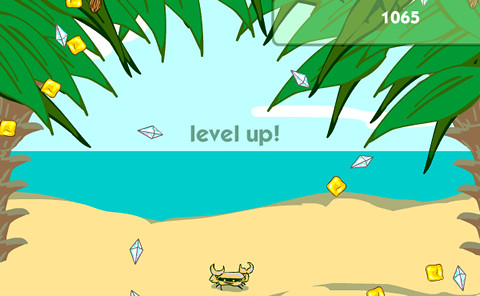
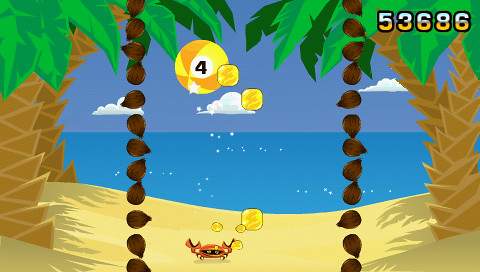
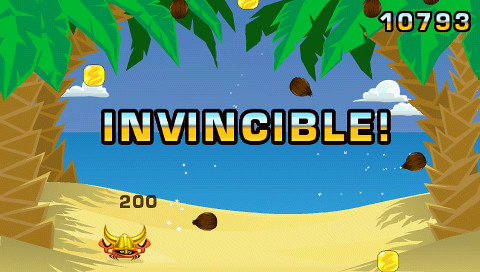
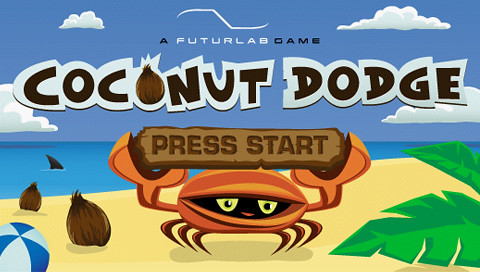

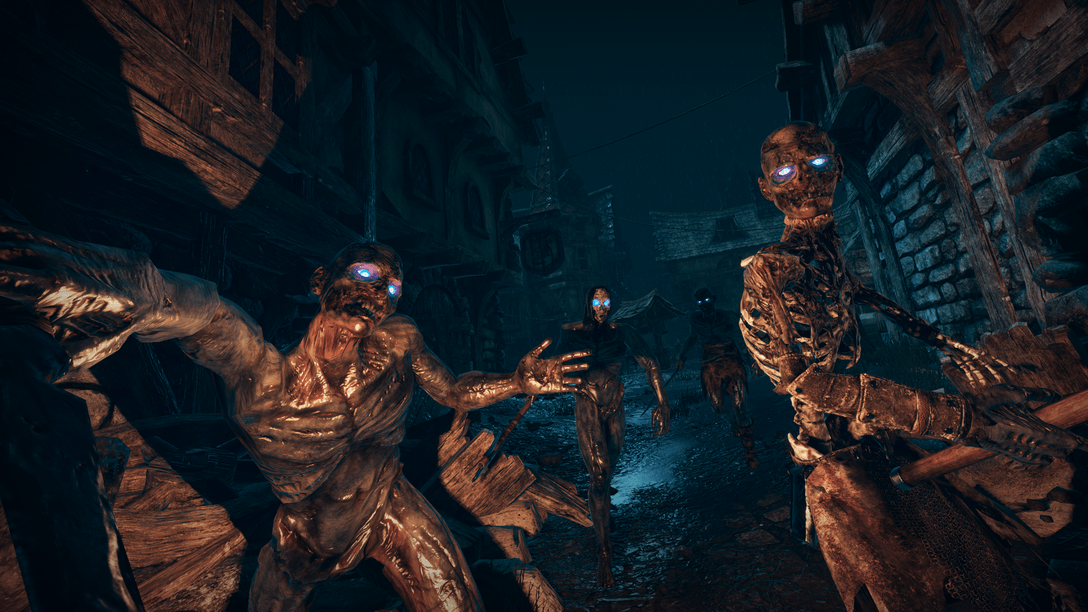
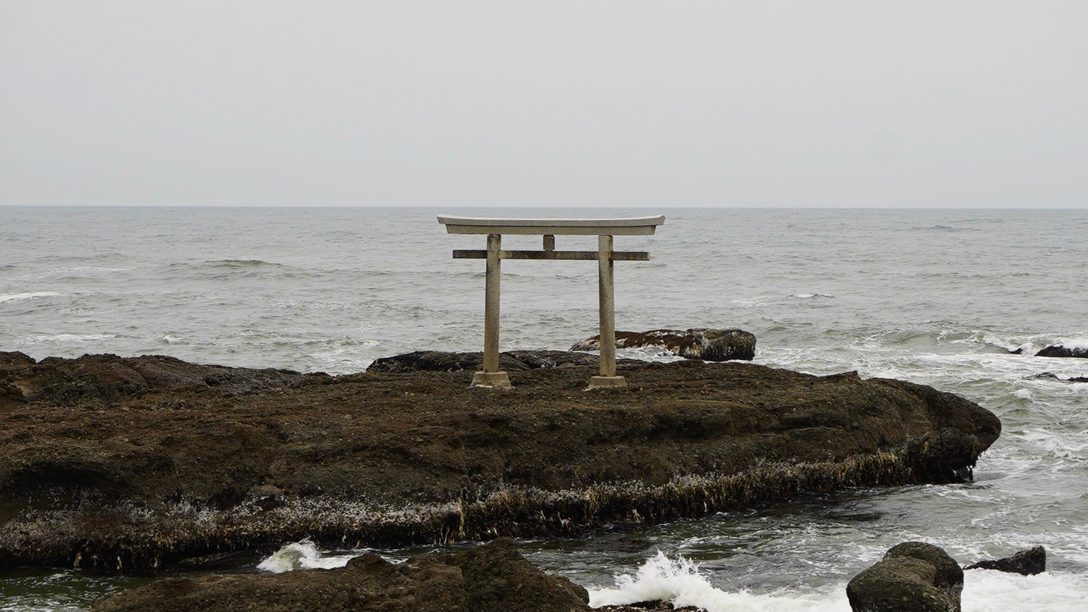
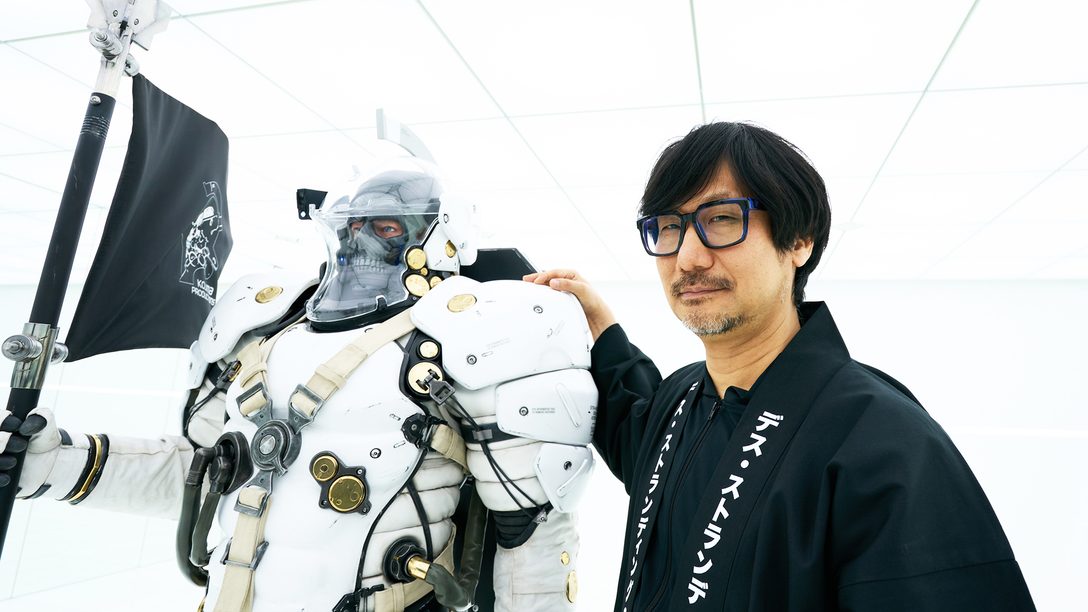
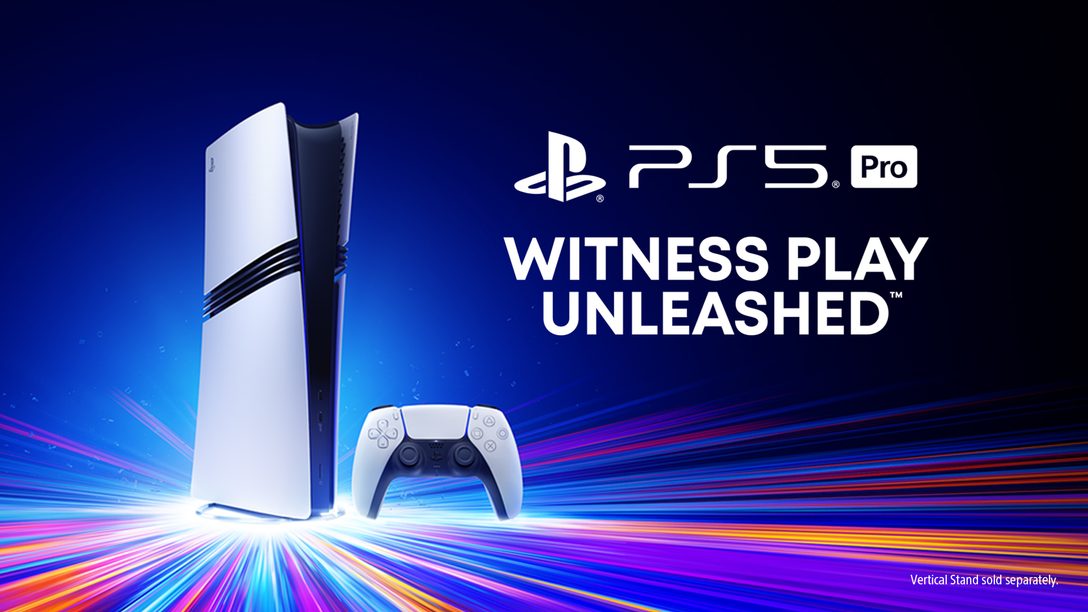
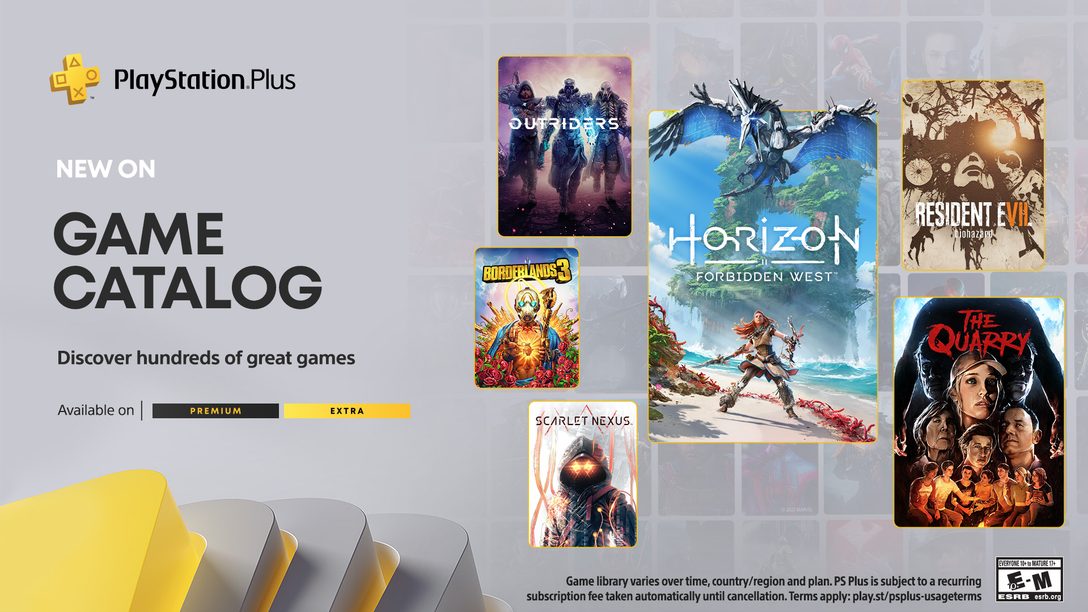

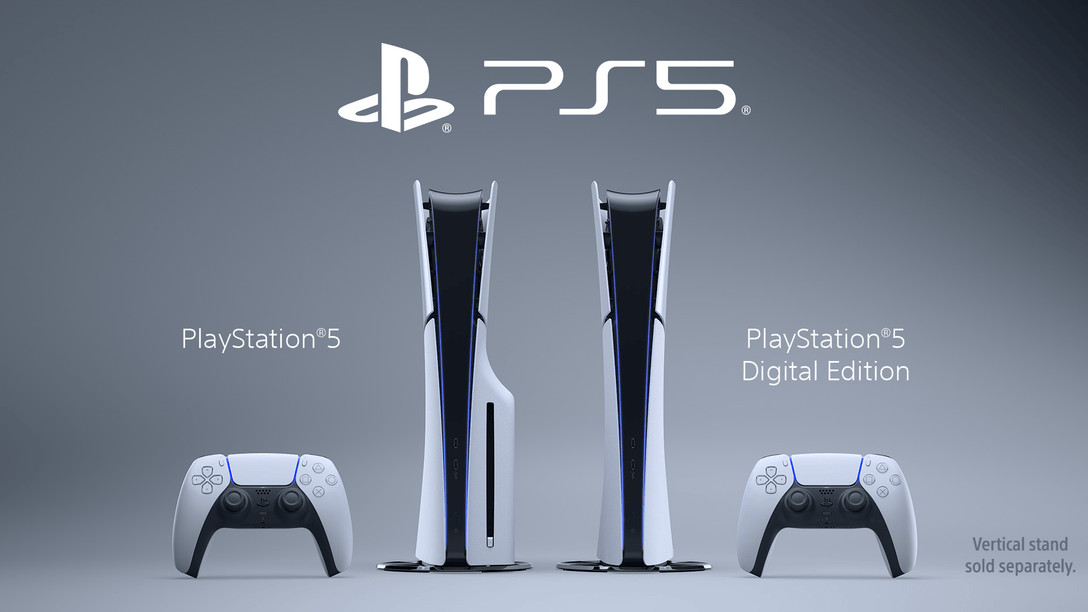
Join the Conversation
Add a CommentBut don't be a jerk!
17 Comments
Loading More Comments